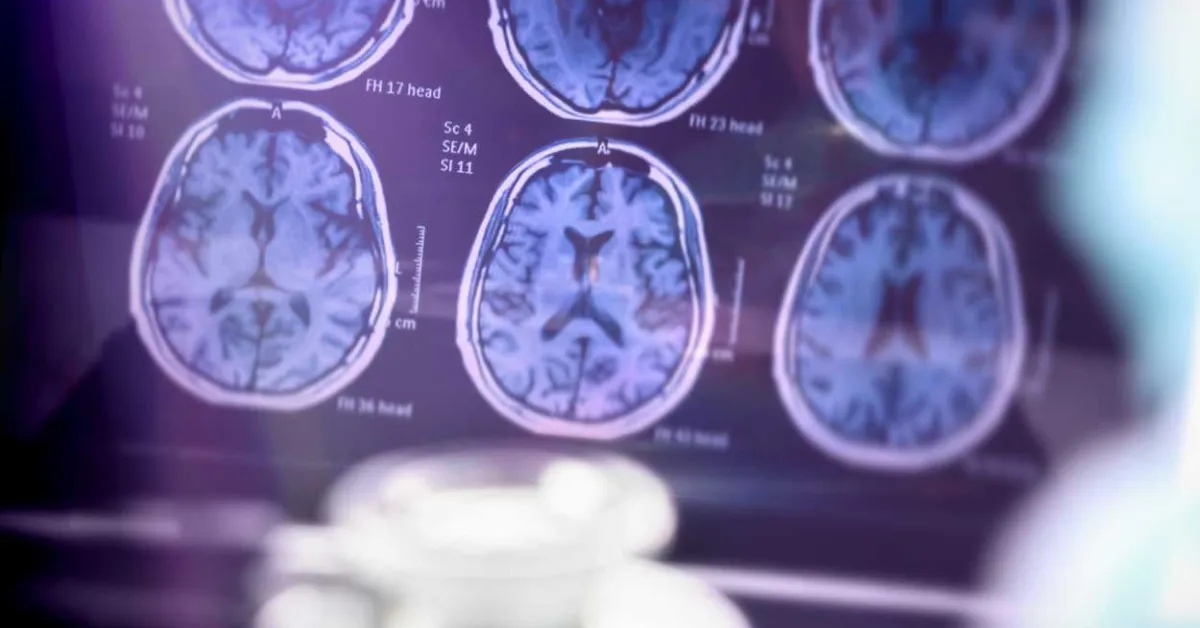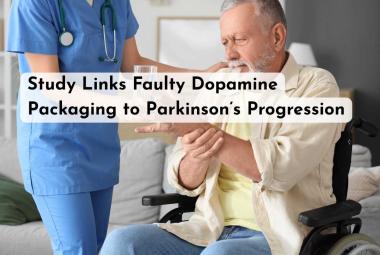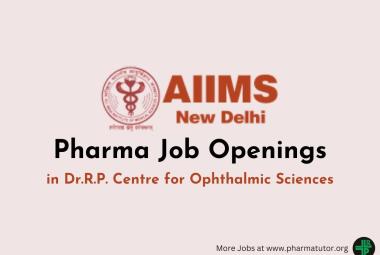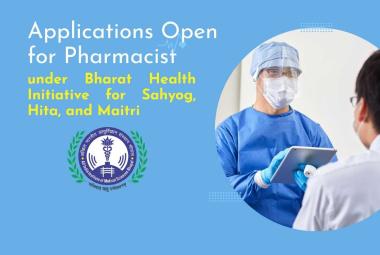A pioneering gene therapy engineered by researchers at the University of California San Diego (UCSD) School of Medicine demonstrates remarkable promise in halting, and potentially reversing, cognitive decline in preclinical Alzheimer’s models.
In striking contrast to traditional treatments that clear protein plaques from the brain, the novel approach refocuses on recalibrating brain cell function at its origin. Administered during the symptomatic stage in mouse models, the therapy successfully preserved hippocampus-dependent memory—critical for spatial navigation and memory recall—bringing gene expression levels close to those found in healthy, age-matched mice.
Alzheimer's disease, which afflicts millions globally, is characterized by toxic protein accumulation that drives neuronal death and memory loss. Existing treatments primarily offer marginal symptomatic relief. This new therapy, however, aims to target the disease's underlying mechanisms by “reprogramming” dysfunctional brain cells.
The peer-reviewed study, published in Signal Transduction and Targeted Therapy, was led by senior author Brian Head, Ph.D., professor of anesthesiology and VA research career scientist, alongside Shanshan Wang, M.D., Ph.D., assistant professor of anesthesiology. Leveraging cutting-edge viral vectors, the therapy delivers genes that reset the pathological state of affected neurons.
Encouragingly, treated mice mirrored healthy animals not only in behavior but also at the genetic expression level—a compelling indication that diseased cells can be nudged back to normal function.
In 2021, UCSD licensed the underlying gene therapy to Eikonoklastes Therapeutics, which later received Orphan Drug Designation from the FDA for its use in treating ALS (Lou Gehrig’s disease). While human trials for Alzheimer’s are still pending, the authors emphasize that their findings mark a significant departure from symptom-focused therapies toward disease-modifying interventions.
“By addressing the cellular misbehavior underlying Alzheimer’s, we’re tackling the root problem,” said Brian Head. “Our results show that, at least in mice, memory function can be preserved—or even restored—by targeting the cells themselves.”
The team acknowledges that additional studies are essential, particularly to understand long-term effects, optimal delivery timing, and safety across different populations. Nevertheless, this work could pave the way for clinical trials exploring a fundamentally new direction in Alzheimer’s treatment.














